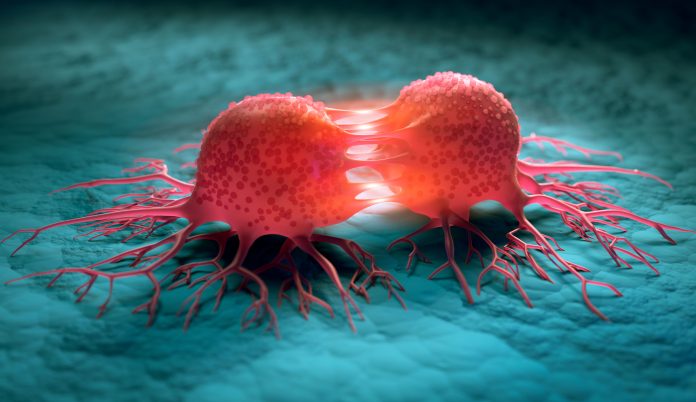
Xcell Biosciences and aCGT Vector have announced a collaboration for manufacturing and analysis around personalized cell and gene therapies for cancer patients. aCGT Vector will provide its point-of-care GMP-licensed manufacturing platform to validate Xcellbio’s manufacturing and analytical AVATAR AI technology for use in precision cancer treatment.
The partnership pairs aCGT’s manufacturing capability with Xcellbio’s novel approach to measuring and possibly improving therapeutic potency. XcellBio says using the AVATAR AI, researchers can more easily determine CAR-T potency in solid tumor microenvironments and model the impact of immunosuppression and cell exhaustion.
“With the tremendous promise of cell therapies and the current challenges in treating patients with solid tumors, there is more interest in both designing manufacturing conditions to optimize potency, persistence, and quality and in characterizing cell potency as a critical attribute in cell therapy manufacturing,” said Brian Feth, co-founder and CEO of Xcellbio.
AVATAR’s proprietary technology involves control and modulation of atmospheric pressures and oxygen concentrations in direct contact with the cell therapy product.
“By mimicking the tumor microenvironment (TME) ex vivo, AVATAR AI delivers unique capabilities to support the development of therapeutic products with improved potency and persistence as well as reduced cell exhaustion,” Shannon Eaker, PhD, Chief Technology Officer of Xcell told Inside Precision Medicine.
The AVATAR AI, Xcell says, leverages the tight environmental control of the AVATAR product family, and pairs it with a specialized reader to enable real-time, label-free cell killing analysis of cell therapies targeting solid tumors.
The AVATAR AI system is currently in late-stage beta. Eaker said, “We have validated the platform’s capabilities with external partners and are now actively expanding our network of evaluators.”
“We are looking forward to working with the XcellBio team and to utilizing the well-established AVATAR platform to further power our TaaS platform to deliver and deploy precision medicine proximal to patients,” said Gary McAuslan, CEO and co-founder of aCGT Vector.
He added that, “We believe our joint efforts will further accelerate the creation of automated, end-to-end cell therapy manufacturing and QC release platforms to streamline processing and optimize patient outcomes.”
aCGT says it is establishing a state-of-the-art, closed-system cellular processing standardization technology and digitization loopback platform within a network of GMP PODS located proximal to rare disease patient and cancer patients. This GMP PODS project involves setting up distributed manufacturing for cell and gene therapy products.
“Together, our objective is to advance the development and deployment of cell therapies, such as CAR-T and tumor-infiltrating lymphocyte technologies, to treat solid tumors. We look forward to supporting aCGT and their initiatives, including the next-generation cell therapies for the cancer-focused HEALED Consortium,” Feth said.
The consortium is comprised of RemedyBio as program lead, aCGT Vector DAC, Trinity College Dublin & St James’s Hospital, and the SFI Centre for Research Training (CRT) in Genomics Data Science at NUIG. Its goal is to “goal is to enable a new kind of revolutionary immunotherapy to cure incurable cancers.”
aCGT says it will deliver cellular therapy processing and procedures through co-locating multidisciplinary expertise more efficiently, effectively, and safely within what it will call “centers of excellence.”
The result, the company says, will be less burden on patients. Digitization should permit enhanced control of cell processing and monitoring patient outcomes, thus providing value enhancement for key stakeholders, including care providers and payers.













